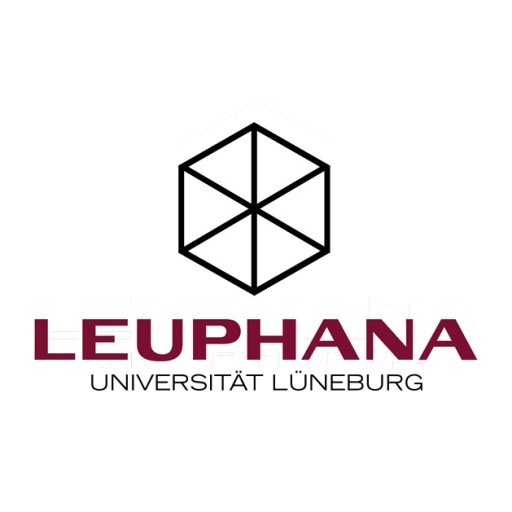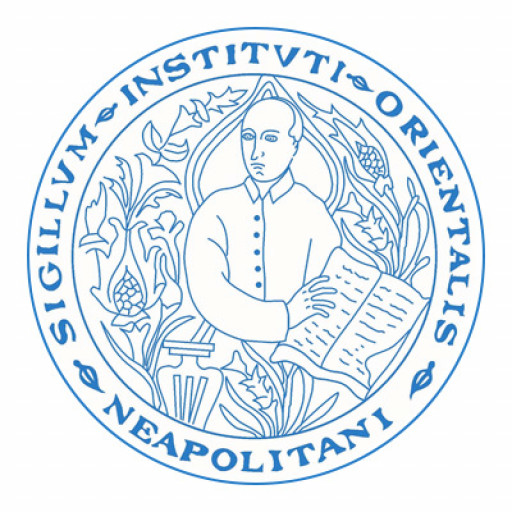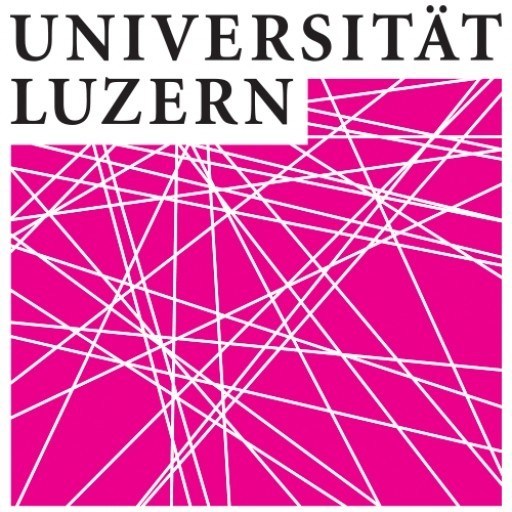Photos of university / #ucl
Field of Study: Democracy and Comparative Politics
Degree Programme Title: MA in Democracy and Comparative Politics
Accreditation: University of London (via UCL)
Mode of Study: Full-time / Part-time
Duration: 1 year (full-time), 2 years (part-time)
Language: English
Programme Description:
The MA in Democracy and Comparative Politics at University College London (UCL) offers students an in-depth exploration of the political systems, institutions, and cultures that shape democratic governance across the globe. This programme aims to develop a comprehensive understanding of the theoretical foundations of democracy, alongside practical insights into the functioning and variation of political systems in different cultural and historical contexts. Students will examine key issues such as political participation, state-building, electoral processes, political legitimacy, and the challenges faced by democracies today, including populism, authoritarianism, and political polarization.
Throughout the course, students will engage with cutting-edge research and contemporary debates conducted by leading scholars in the field. They will gain proficiency in comparative research methods, data analysis, and critical evaluation of political phenomena. The programme emphasizes analytical skills, encouraging students to scrutinize case studies from Europe, the Americas, Asia, Africa, and other regions, thereby fostering a nuanced understanding of how democratic principles are implemented and challenged in diverse settings.
The curriculum combines core modules in democratic theory, comparative politics, and research methods, with optional courses that allow students to tailor their studies according to their interests, such as political economy, human rights, or regional politics. A significant component of the programme is the dissertation, allowing students to undertake independent research on a topic of their choice, under the guidance of expert faculty members.
Graduates of the programme will be well-equipped for careers in academia, public policy, international organizations, NGOs, journalism, and political consultancy. They will possess the critical thinking skills and empirical expertise necessary to analyze and influence democratic developments globally. The programme's interdisciplinary approach and global perspective ensure that students are prepared to contribute meaningfully to debates on democracy, governance, and political reform in an increasingly interconnected world.
The MA in Democracy and Comparative Politics at UCL is ideal for those passionate about understanding political systems and committed to promoting democratic values and practices worldwide. It provides a rigorous academic environment, fostering intellectual growth and practical skills to navigate and shape the future of politics in diverse contexts.
Students are equipped with the theoretical tools and empirical evidence necessary for an in-depth understanding of democratic institutions and politics. They develop an understanding of the potential benefits and pitfalls of different institutional designs, reforms, and administrative practices, and are able to analyse problems raised by new and reforming democracies.
Students undertake modules to the value of 180 credits.
The programme consists of four compulsory core modules (75 credits), optional modules (45 credits) and a research dissertation (60 credits).
Core modules
- Democracy and Constitutional Design (30)
- Democratic Political Institutions (15)
- Introduction to Qualitative Methods or Advanced Qualitative Methods (15)
- Introduction to Quantitative Methods or Advanced Quantitative Methods (15)
Optional modules
- Choose one of the following 15-credit modules (the other two remain available as options):
- The European Union, Globalisation and the State (15)
- Parliaments, Political Parties and Policy Making (15)
- Governing Divided Societies (15)
- Choose further modules up to a value of 30 credits in total from a list available at:
- www.ucl.ac.uk/spp/teaching/masters
- The following are suggestions:
- Democracy and Accountability: Holding Power to Account (15)
- Equality, Justice, and Difference (15)
- Making Policy Work (15)
- NGO, Non-Profit and Voluntary Sector Policy and Management (15)
- Agenda Setting and Public Policy (15)
- British Government and Politics (15)
- International Political Economy (15)
- Gendering the Study of Politics: Theory and Practice (15)
- Conflict Resolution and Post-War Development (15)
- Global Public Policy (15)
Dissertation/report
All MSc students undertake an independent research project which culminates in a dissertation of 10,000 words.
Teaching and learning
The programme is delivered through a combination of lectures and seminars. Assessment is through unseen examinations, long essays, coursework, and the dissertation.
As a minimum, an upper second-class Bachelor's degree from a UK university; a CGPA of 3.3; or an overseas qualification of an equivalent standard. Relevant practical or work experience in a related field may also be taken into account.
The financing of the Democracy and Comparative Politics program at University College London is primarily structured through a combination of tuition fees, governmental funding, scholarships, and occasional institutional support. As an international and domestic program, tuition fees vary depending on the student’s residency status, with UK students benefiting from subsidized rates due to government funding schemes, while international students pay higher tuition fees reflective of the university's international fee structure. The fees are typically set annually and detailed on the university’s official website, allowing prospective students to plan their financial commitments accordingly.
Recipients of government-backed loans and maintenance grants may receive financial assistance to offset tuition costs and living expenses. The UK government offers loan schemes for eligible students pursuing higher education, designed to cover tuition and support living costs, which students can repay via income-contingent repayment plans after graduation. For international students, financing options might include private loans or scholarships, as government support is generally limited unless specific bilateral agreements or scholarships are applicable.
University College London also offers a range of scholarships and bursaries aimed at supporting students financially. These include departmental-specific scholarships, merit-based awards, and need-based bursaries, which applicants can apply for during the admission process or later during their studies. Some scholarships are funded by alumni, external organizations, or university funds designated to promote diversity and accessibility.
Furthermore, the university participates in various external funding schemes and partnership programs that support students in their academic pursuits in Democracy and Comparative Politics. Research grants accessible to students engaged in research components or theses can also aid in financing aspects of the programme. The university’s financial aid office provides comprehensive guidance on available options, application procedures, and deadlines to ensure students are fully aware of possible funding avenues.
Overall, financing the Democracy and Comparative Politics program involves a layered approach combining university-specific financial support, government loans and grants, external scholarships, and personal funding sources, enabling students to pursue their academic interests in a financially sustainable manner.
The MSc in Democracy and Comparative Politics at University College London offers a comprehensive exploration of the theoretical and empirical foundations of democracy and comparative politics. The program is designed to provide students with a deep understanding of political systems, governance structures, political behavior, policy-making processes, and the challenges faced by democracies worldwide. It emphasizes analytical skills, research methods, and critical thinking, equipping graduates to assess political developments critically and contribute to academic and practical debates on democracy. The curriculum includes core modules such as Theories of Democracy, Comparative Political Systems, Political Economy, and Research Methods, alongside a range of optional modules that allow students to tailor their studies to specific interests such as political parties, social movements, or authoritarian regimes. Taught by leading academics in the field, the program encourages engagement with contemporary political issues through seminars, workshops, and research projects. Students are also provided with opportunities to develop practical skills through dissertation work, internships, or participation in conferences. Graduates from this program typically pursue careers in academia, policy analysis, government, international organizations, or NGOs, where their expertise in democracy and comparative politics is highly valued. The program's location in London offers access to a vibrant political and cultural environment, fostering networking and professional development opportunities. Overall, the MSc in Democracy and Comparative Politics aims to cultivate informed and critically engaged scholars and practitioners capable of analyzing and addressing complex political challenges on both national and global scales.









